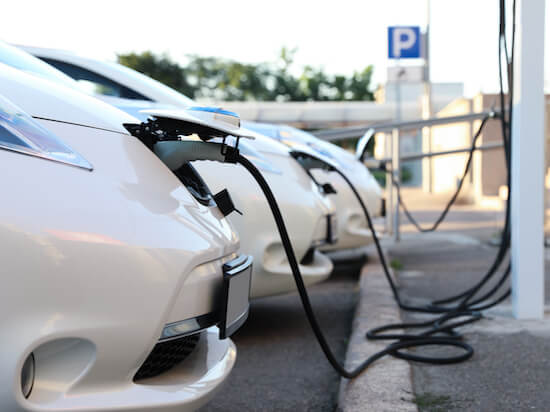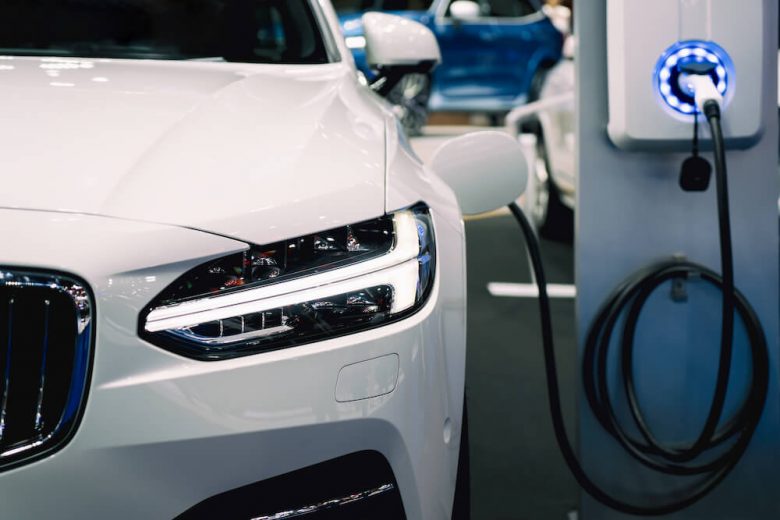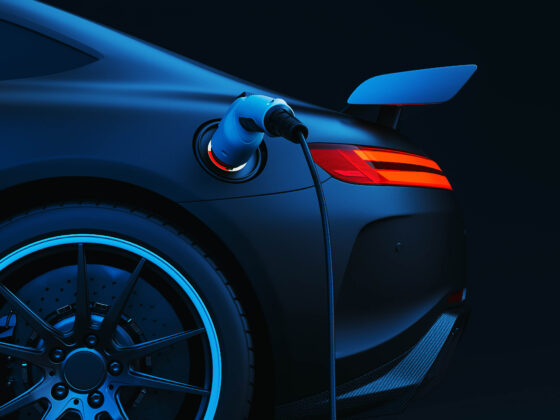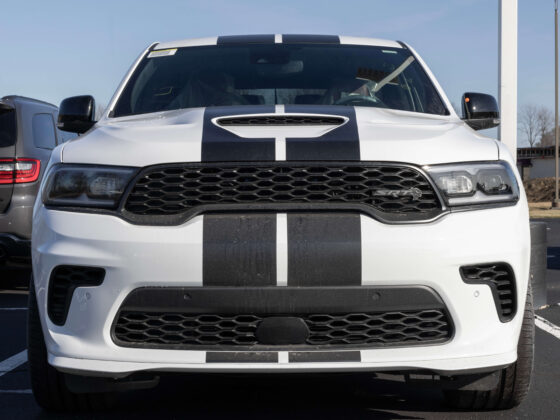Electric vehicles may be grabbing more headlines, but it’s the hybrids that are more in demand and even sell for more than their MSRP. Yes, markups, but perhaps it’s that they’re more mainstream.
Use eTags© to Quickly Complete Your DMV Service. Renewals, Title Transfers and More, All Online!

Drivers looking to just dip their toes into the electric segment are more comfortable with the dual option of gas and battery. Those most excited about EVs, the early adopters as they’re called in marketing circles, have already bought, or leased their electric car. For many, the hybrid model represents a sort of steppingstone if you will.
EVs, Conventional hybrids and plug-ins
Electric cars are fully electric. No internal combustion engine, no gas power. Hybrids include two categories: the conventional hybrid has an electric motor supplementing a gas-powered engine for more mileage, essentially this kind of hybrid charges as you drive.

The plug-in hybrid too has a gas engine, but also a charger that’s plugged in to a household outlet or public charging unit to recharge its battery. Plug-in hybrids typically provide more range.
Hybrids are selling for more than MSRP
According to Edmunds car buying and selling company, hybrids are selling for more than their sticker prices and driving off dealership lots faster than EVs. And Kelley Blue Book says car buyers are twice as likely to consider hybrids (18%) versus electric vehicles (9%).
The hybrid versions of models like the Toyota RAV 4 are more contemplated than Tesla’s Model Y which is the best-selling EV. In 2022, Toyota sold 400,000 RAV 4s, of which 168,000 were hybrids. The model Y 231,400 sold last year, according to KBB. Hybrids overall outsold electric vehicles so far in 2023; 1.4 million vehicles this year or 9% of the market.
Hybrid sales in America have doubled since 2020 according to from Global Data, growing 35% this year alone

Meanwhile in EV land
In September 2023, electric vehicles sold for about $2,000 less than their MSRP on average. The suggested price is exactly that, a suggestion. The final transactional price can be higher or lower. Some EVs are significantly reduced in price.
The Volvo XC40 Recharge, with an average sticker price around $61,000, is selling with discounts averaging about $7,750, according to Edmunds
In fact, Business Insider named 20 electric cars selling for less than their sticker price in October this year. The Audi e-tron GT for example sells for $7,235 less than its average MSRP of 118,777. The Kia Niro EV sells for 2.8% less than its $43,918 MSRP. The Lexus RZ 450e goes for almost $3,000 less than sticker price.
Pros and cons of hybrids and EVs
The hybrid car offers more peace of mind for many as there’s no range anxiety or even charge anxiety for that matter. You can still head to the gas pump during a long drive. You’re not afraid of heading of head to a charging station only to find out that a charger doesn’t work like with an EV.

Anxiety range is even more of a problem for those who live in more rural areas since the infrastructure isn’t there yet. In fact, there’s a specific term for places like Louisiana, Mississippi, and Alabama which are 75% to 84% below the nation average for charger availability. Theses have “charging deserts” in some of their cities.
SEE ALSO: ELECTRIC CARS 2023: CHARGING DESERTS, RACIAL DISPARITY, AND MORE
95% of all the Toyota Prius hybrids sold since 2000 are still on the road today (Los Angeles Times)
Maintenance costs are cheaper for a fully electric car versus hybrid. Don’t forget no oil changes! If the environment and climate are a major concern for you, EVs are the way to go since they don’t emit tailpipe emissions.
So is hybrid or electric the choice for you?








